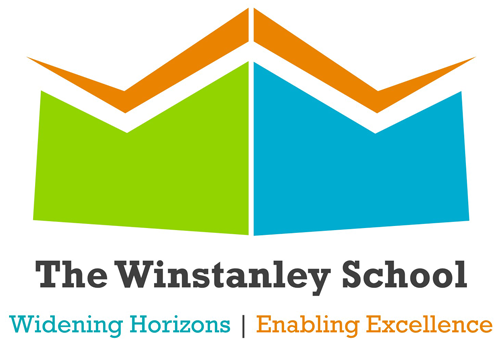Key Stage 3
At key stage 3 ADT is taught on a rotation covering art, ceramics, resistant materials, food and 3D design. Each area focuses on specific skills and is taught by subject specialists. Students are taught how to develop ideas through the design process. In addition, students will learn, practise and showcase new skills which culminate in a final piece of work. Class work is marked regularly, including self and peer assessment, with a final assessment completed at the end of each project.
Mentor sessions take place between each rotation, which gives students the opportunity to reflect on their learning and engage with targets set by the teacher, whilst discussing their progress with an assigned design mentor.
Key Stage 4
At key stage 4 there are a number of options offered.
GCSE Fine Art
This is a practical subject where students express themselves creatively through drawing, painting, printmaking and 3D/Ceramics. Students follow the AQA course which is delivered in two units.
Unit 1 Coursework (60%)
The coursework portfolio comprises of two extended projects and sketch book work covering the four assessment objectives.
Unit 2 externally set exam (40%)
The externally set exam is set by the exam board in year 11- this is a project; preparatory studies worked on over the course of 14 weeks and a final outcome which is completed in a 10 hour practical spread over two days in controlled conditions.
Although there is no written exam, detailed annotation and contextual studies are an essential element required to support work.
GCSE Resistant Materials
Resistant materials is a subject where students can develop their problem solving skills by researching, designing and making products. The students follow the AQA course which includes 50% coursework (unit 1) which is a non-examined assessment task set by AQA, which includes a final prototype or working product.
The written exam (Unit 2 50%) is 2 hours long and split into 3 sections.
Section A – Core technical principles (20 marks)
A mixture of multiple choice and short answer questions assessing a breadth of technical knowledge and understanding.
Section B – Specialist technical principles (30 marks)
Several short answer questions (2–5 marks) and one extended response to assess a more in depth knowledge of technical principles.
Section C – Designing and making principles (50 marks)
A mixture of short answer and extended response questions.
Eduqas Level 1 & 2 Hospitality & Catering
Hospitality and catering is a practical subject where the students make a range of dishes to develop skills that contribute to their practical dishes they have to make for coursework. The students develop their knowledge of the hospitality and catering industry for their written exam with regular theory lessons and exam practice.
Unit 1- written exam 40%
Students have a written exam (due to be taken on computers this year) which consists of multiple choice, small and larger mark questions about the hospitality and catering industry (job roles, health and safety, legislation, customers, employers, employees).
Unit 2- coursework assignment 60%
Coursework has no word or page limit. The practical sections involves to preparing and cooking 2 dishes in 4 hours; they are encouraged to make a main dish and side dishes e.g spaghetti bolognese with garlic bread. The written section of the coursework includes nutritional information, customer needs, environmental concerns, factors to consider when planning a dish, comparing needs of particular groups, characteristics of unsatisfactory nutrient intake, cooking methods affecting nutritional value and producing a plan for their dishes.
Edexcel BTEC Construction
Some students can opt for Edexcel BTEC Construction. The course covers building design, building technologies, carpentry, and bricklaying. Students will learn practical trade based skills, such as bricklaying and carpentry, problem solving and communication skills and technical drawing skills.
The course is assessed through an externally assessed written exam (25%) and internally assessed assignments with practical and written elements (75%). The course is 40% practical and 60% theory.
